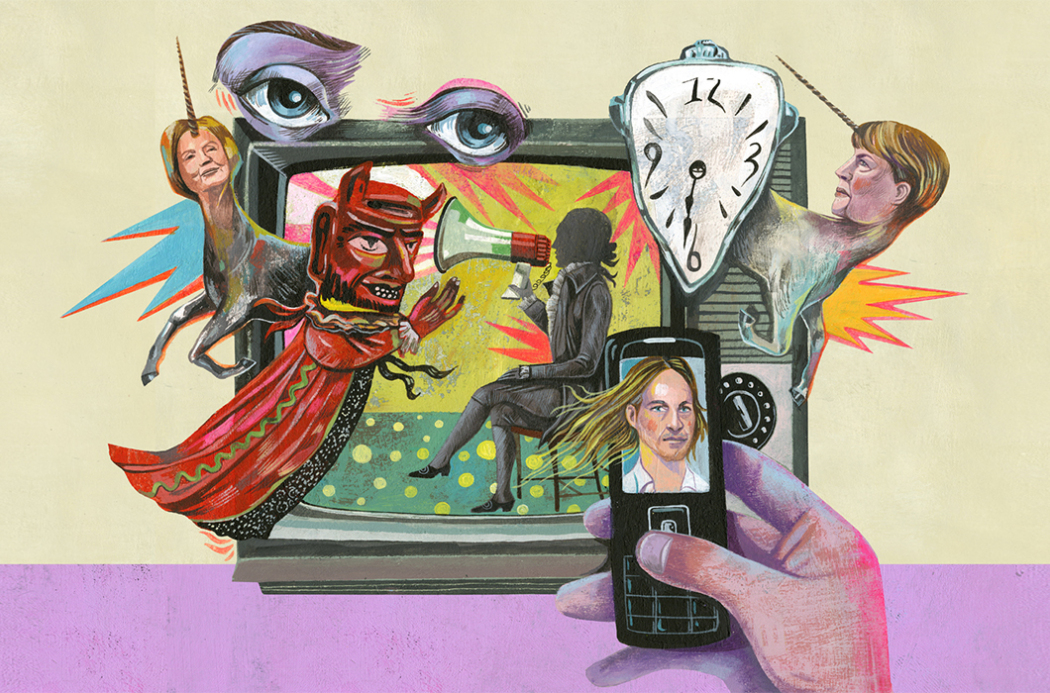
Quote: I have no feeling of guilt regarding the books I have not read and perhaps will never read; I know that my books have unlimited patience.
—Alberto Manguel, The Library at Night,
The Library at Night is an “uneven” experience: a passing familiarity with the frequent citations is necessary, yet, if you possess such familiarity the connecting exposition sounds oddly bland and loose in places. It’s almost as if this were an expert draft ready to be tightened. Or as if the writing were deliberately left colloquial to “balance out” the dense forest of references. What Manguel excels at, however, are the dashes of insight, like in the Quote—some of them developed, some less so—that he inserts between the obvious and the obscure in his chapters.
Perhaps calling the Quote an insight a misleading overstatement, for what he says sounds neither novel nor enlightening, but it does touch on a relevant, persistent gripe of many people: there’s never enough time to keep up with the to-read list. Whether feigned or genuine, hyped or deep-seated, I call it reader’s angst.
There are at least two types of reader’s angst: one plagues people who would like to read this or that, in an abstract, diet-and-fitness-goals sense (these are the casual readers); the other plagues people who would like to read an impossibly large number of books, in a concrete, obsessive, catalogue-and-notes sense (the compulsive readers).
A related concept is the Japanese word 積ん読 (tsundoku), often bandied about in lists of untranslatable words or exotic book-related terms, and defined by this Oxford Dictionaries blog post to mean the act of leaving a book unread after buying it, typically piling it up together with other such unread books. A slew of articles from 2014 cite a study that found the average British home had 138 books of which more than half went unread. Therefore, it seems, tsundoku is a well-established concept outside of Japan, if not in name.
(This 2014 tongue-in-cheek article from The Telegraph offers a few similes that might decrease your angst: Reading a book is like wearing smart shoes in the rain; and a few facts that might increase it: Read one [book] a week and you’d get through 4,134 if you were born (a boy) yesterday – 4,290 if a girl.)
Tsundoku and reader’s angst are related, in as much as one may cause, or reinforce, the other. But as Manguel implies, they may also be unrelated. With the proliferation of online bookstores that ship worldwide, stockpiling unread books is less necessary than before—certainly when it comes to cheap paperbacks of classics forever in print. More exotic editions will, by definition, be a collector’s pleasure to chase down and leave unread.
If you suffer from (a compulsive) reader’s angst, have you asked yourself why? The argument that books have unlimited patience, seems solid, rational, eminently unassailable. However, in a different context, Manguel offers a remark that may shed light on the angst from a different angle.
Readers, like epic heroes, are not guaranteed an epiphany.
Is it, perhaps, that all of us who are less controlled in our reading impulses, less mature, desperately seek out this elusive epiphany, while being aware deep down that we are unlikely ever to find it within the confines of the covers—unless we look hard and often and in a very great number of books?
Share this:




